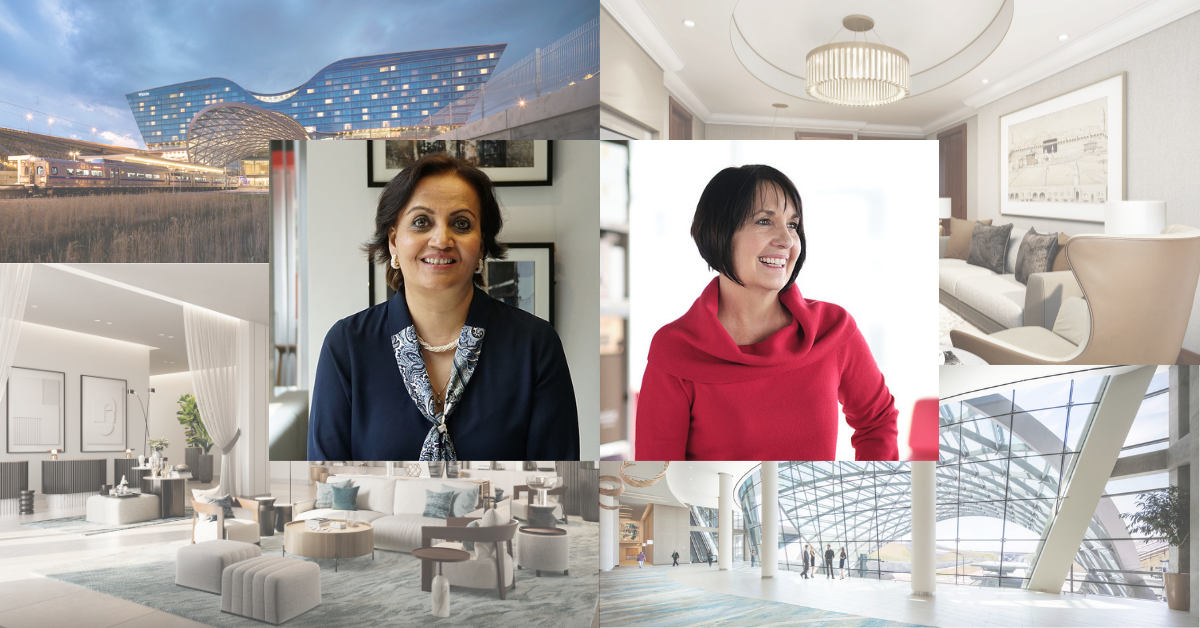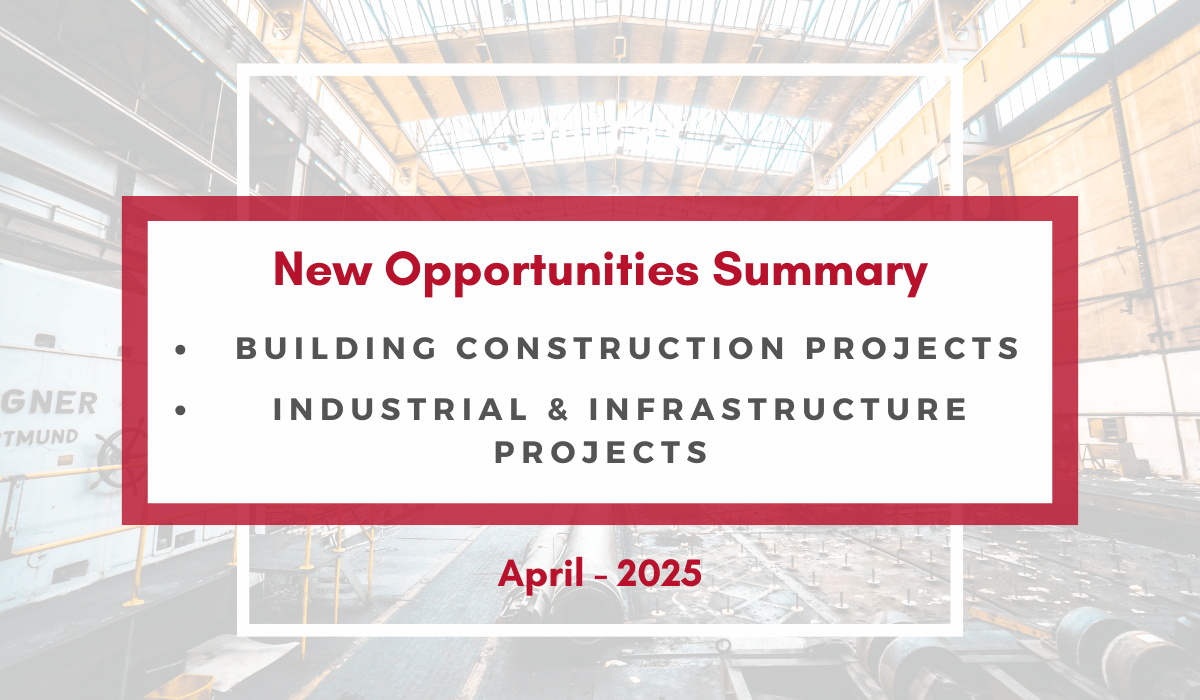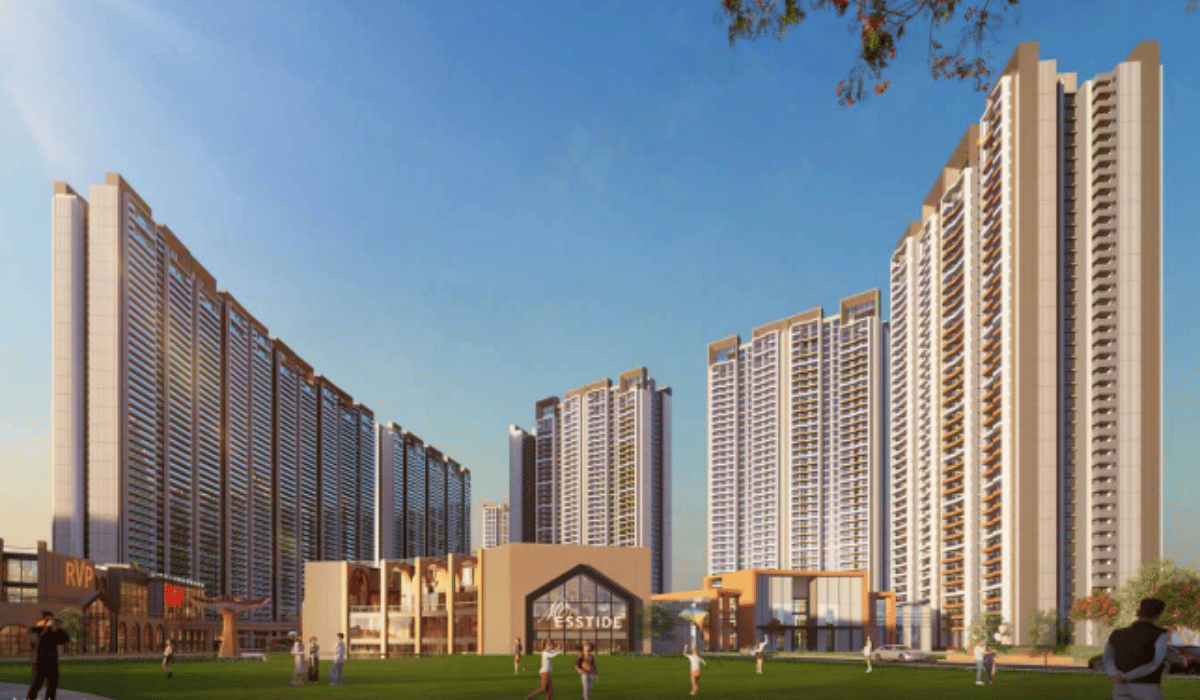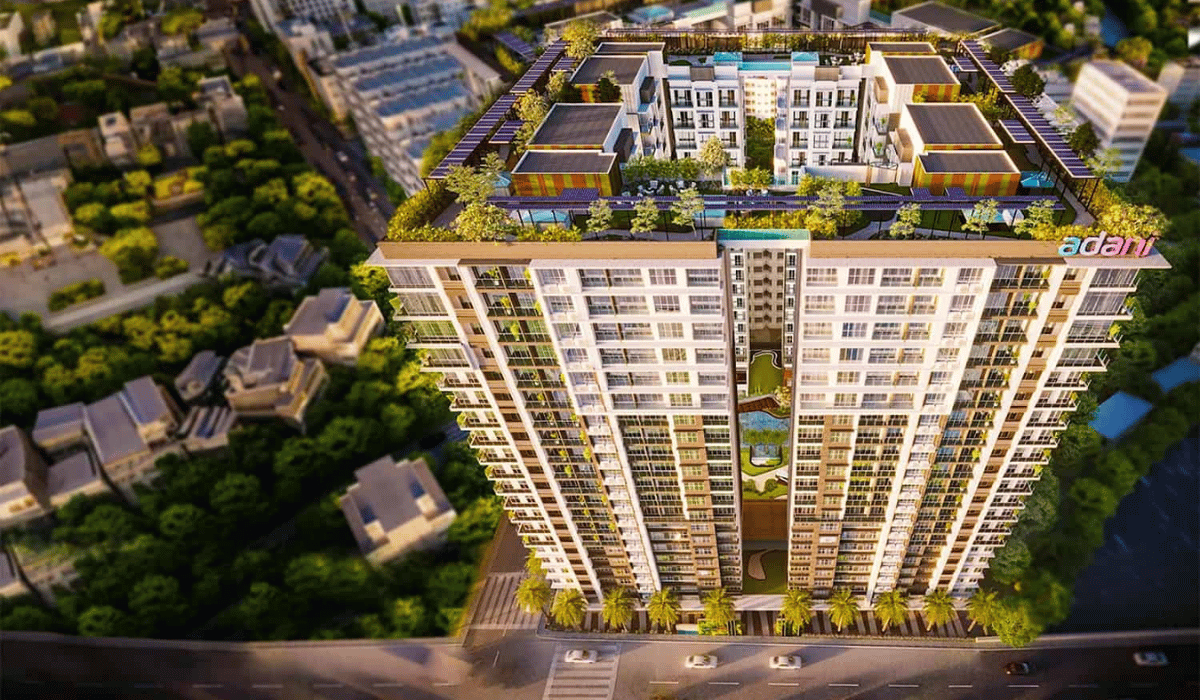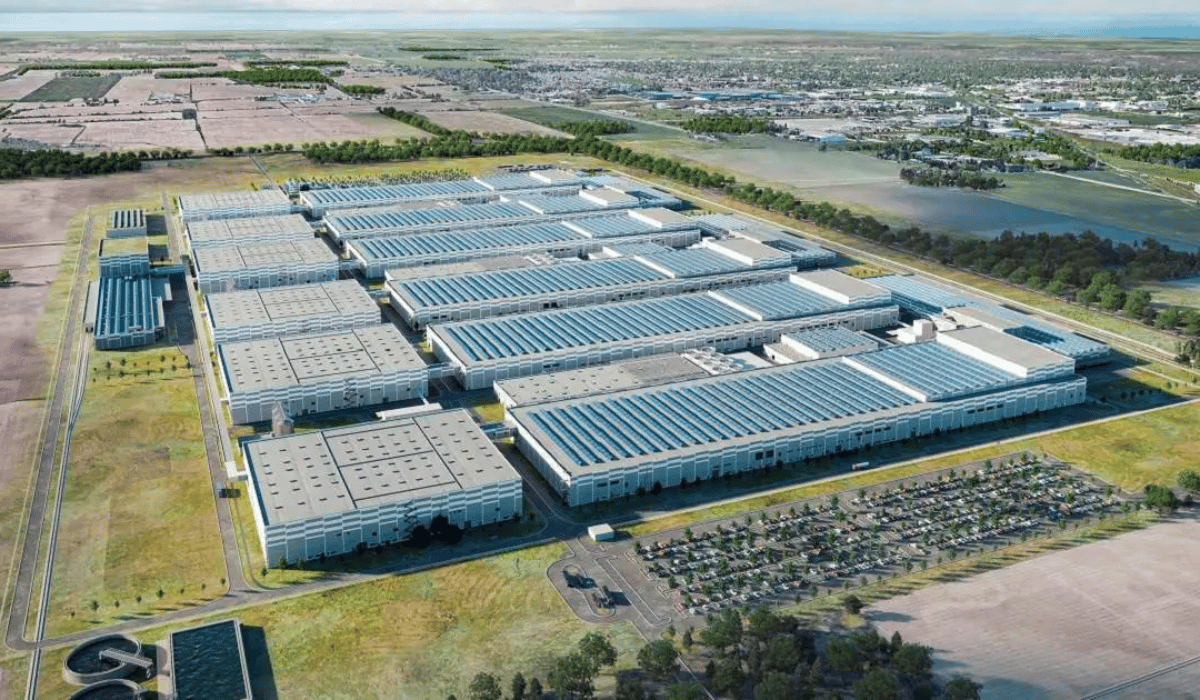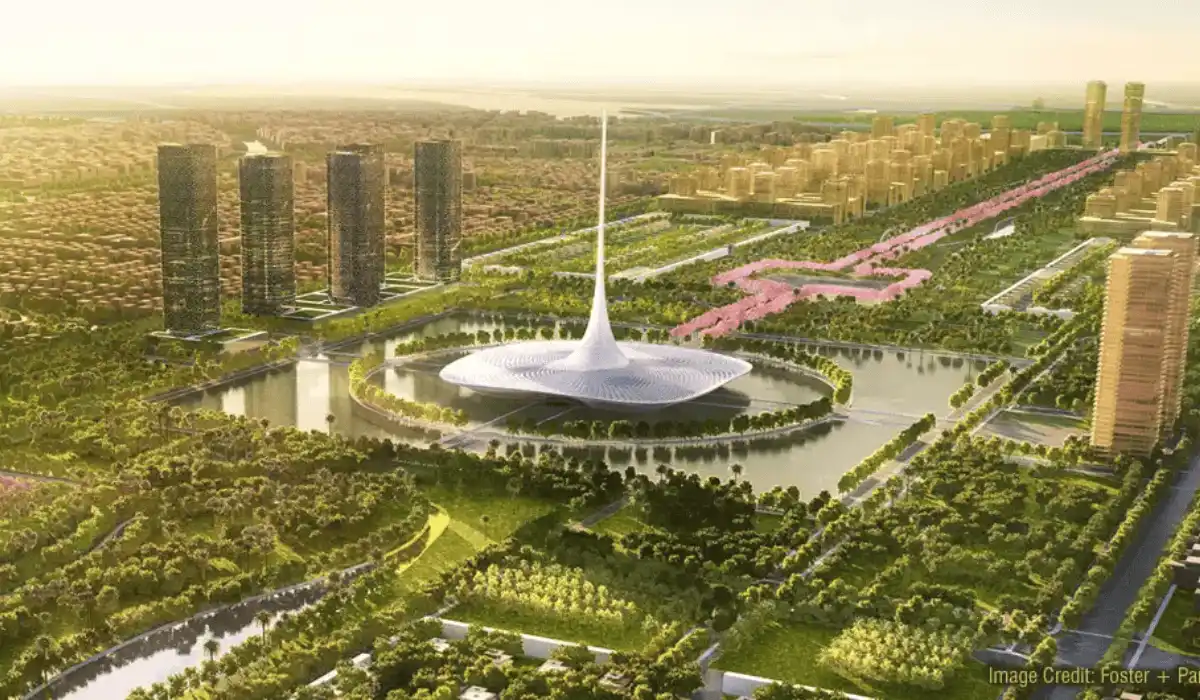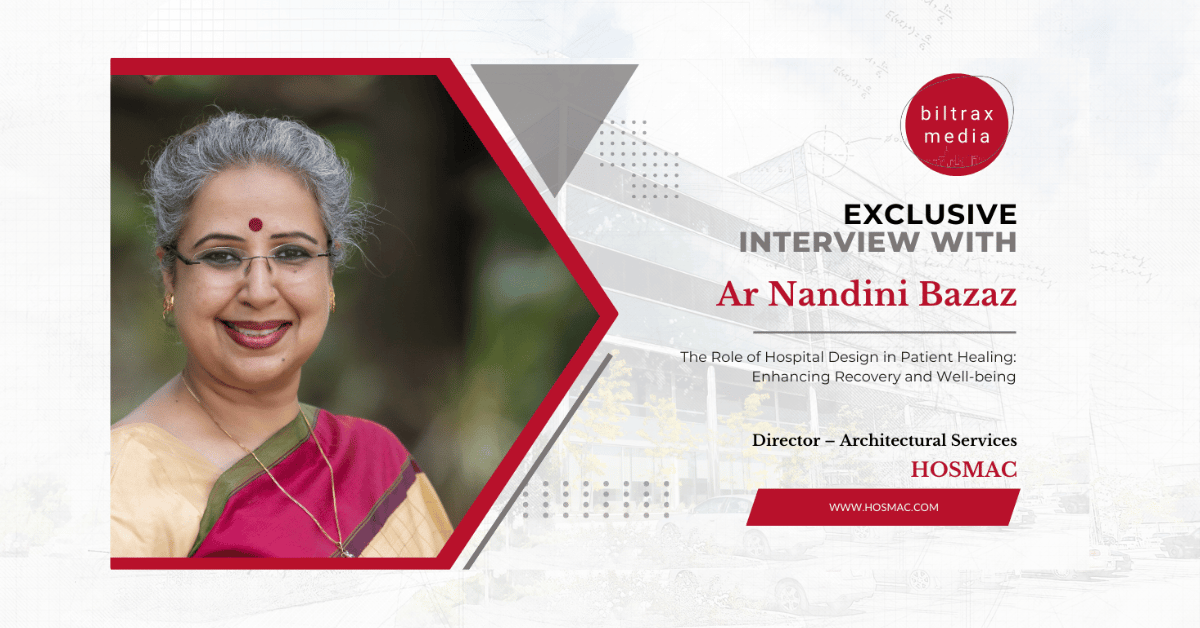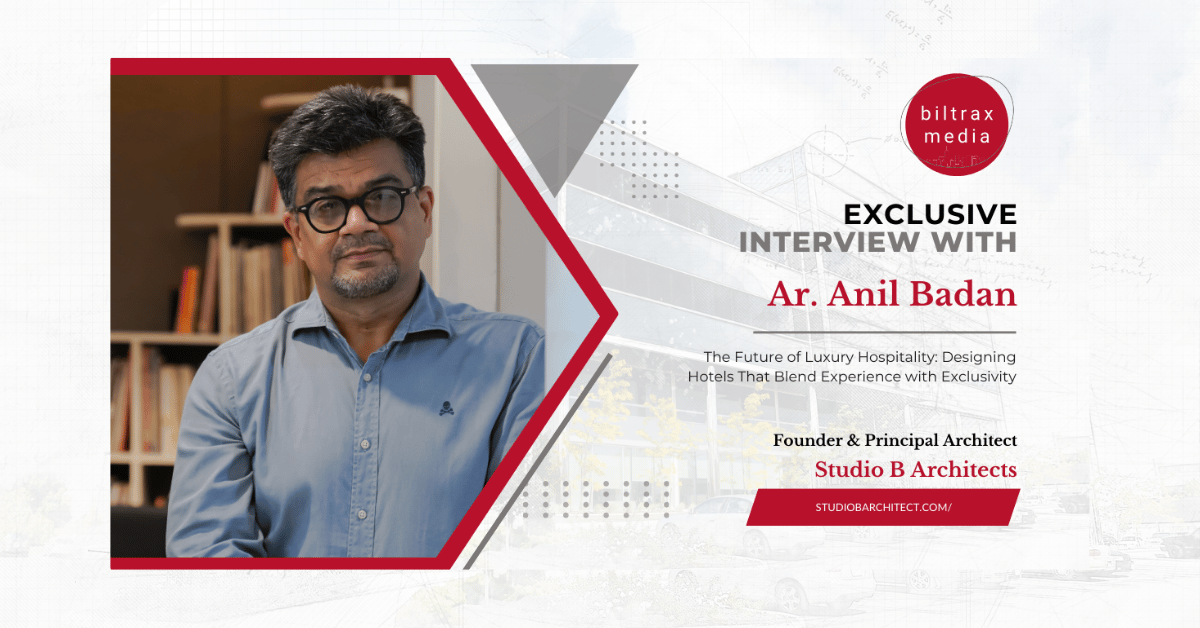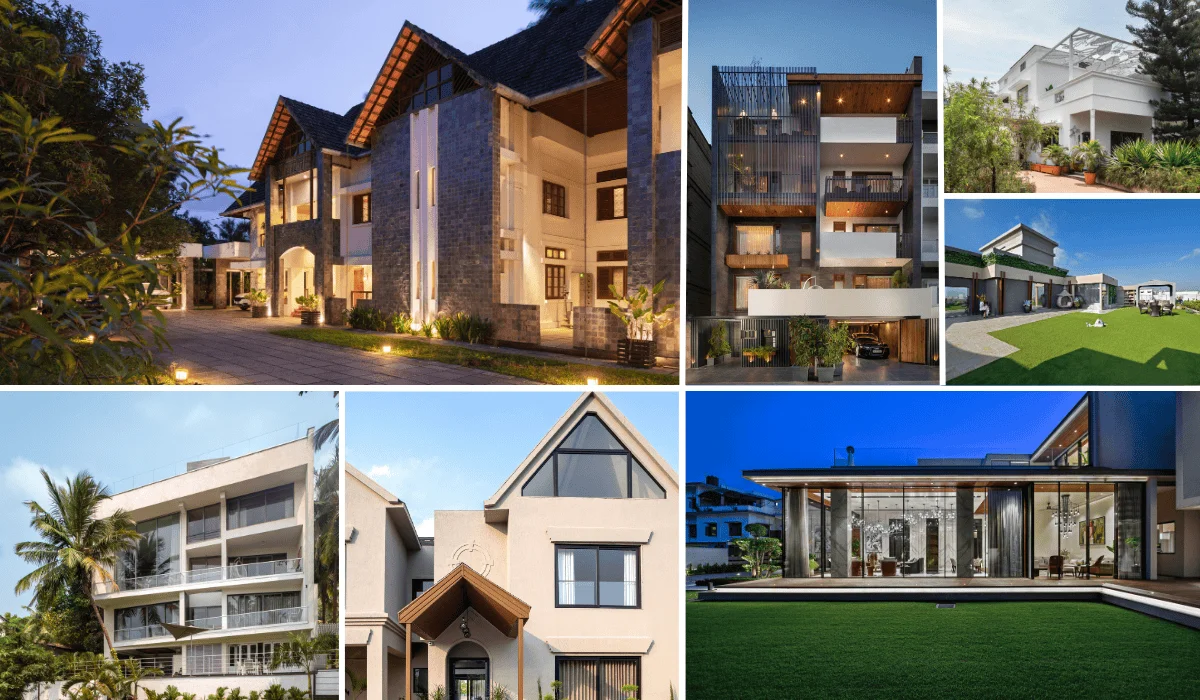Gensler India share their “Observations, Perspectives, and Experiences” in the hospitality sector. Often referred to as the “sunrise industry”, we expect to witness rapid growth and boom in the near future in the Indian Hospitality sector. Gensler, a global architecture and design firm, channelled their expertise to this booming industry. With its strategic design consultancy, Gensler thus enhanced contemporary hospitality experiences in India. In a conversation with Biltrax Media, Anupama Sharma, Managing Director at Gensler India, and Diane Thorsen, Director of Hospitality and Residential Design at Gensler in Dubai, discuss the evolution of the hospitality segment in India and how architecture can further the development goals of the hospitality industry. The experts also discuss ways in which hotels can achieve their sustainability goals, wiping out the financial blows caused by the pandemic and setting the stage for long-term resilience.
What was the turning point that led to the evolution of Gensler’s hospitality practice in India? In what ways did the construction industry prove to be different in India?
India is a country that has a very complex history rooted in spirituality and religion since time immemorial. From historic times to the present, many people visit India for spiritual reasons, bringing in global visitors daily. Additionally, the country’s numerous national heritage sites, nature reserves, and parks make India a popular choice for many tourists. This has inspired many hotel chains to start working with India to establish more hotels within the country. Other sources of revenue in the hospitality industry come from businesses that have outsourced their work to India. This is largely due to lower wages, which in turn has brought business travellers working with international companies.
The strength of the hospitality industry in the country has formed the basis for a global firm like Gensler to venture into the hospitality sector in the country. As a leading architecture and design firm with networks across the globe, Gensler India is a forward-thinking and highly collaborative firm. The firm believes in carbon neutrality and progressive development. We have been doing projects in India since 2009. We play a significant role in the practice areas of hospitality, workplace, mixed-use, food & beverage, and aviation.
The E&C industry in India is set for a strong recovery. This is boosted by government stimulus spending aimed at accelerating the post-Covid recovery. Gensler has grown consistently through its entire history since 1965. It will increase our global footprint with expansion in this market to support strong market demand. We will continue to make strategic investments in research, practice area diversification, and innovative new services in India’s powerhouse economy.
In terms of construction practises, the industry still conforms to fairly conventional methods utilizing concrete and masonry construction, PT slabs, and precast panels on the façade. There are compelling reasons for hospitality brands to consider industrial prefabrication, a construction method in which a hotel is built room-by-room in a factory, with modular units transported to the final site and assembled like shipping containers to create the hotel building. This approach, which has been around for a while, offers a wide range of benefits including shorter schedules, lower construction costs, and reduction in the environmental impacts of traditional construction due to traffic, air quality, and emissions.
How do imbibe cultural influences into contemporary hotel projects across the world, specifically in India? What are the design factors that separate Indian hotels from their global counterparts?
Traditional Indian hospitality, unique cultural craft, and diverse and rich food and beverage offerings provide an opportunity to design culturally relevant and personalised experiences in Indian hotels, creating a strong sense of place for guests.
The hospitality industry will soon cater to diverse needs. Multi-use hospitality developments are on the rise to accommodate a wider array of visitors. The sector is looking to incorporate co-working spaces, extended-stay hotels, and branded residences to better serve guests’ evolving needs and increase profitability.
Indian hotels are designed for luxury, hospitality, and personalised care and attention. They are brand beacons of high Indian culture. Wellness and fitness are increasingly closely integrated into the hospitality industry, with wellness integration including amenities and human interaction spaces being designed to manage anxiety. While wellness, meditation, and yoga are ancient Indian traditions, working from home has raised awareness on many levels as people dramatically adjusted their daily exercise routines and creatively reimagined their homes as mixed-use spaces – creating work from home spaces, home gyms, and home meditation spaces. Guest rooms in hotels are increasingly applying these concepts with in-room exercise options, work options, and dining options.
What are the factors that make a hotel ‘Sustainable’? How can tourists contribute to the same?
Sustainable hotels are businesses that significantly reduce their environmental impact through green best practices in maintenance, services, logistics, products, and supplies. The core elements revolve around reducing waste, saving energy, and cutting down on water usage.
There are many steps a hotel can take to move toward sustainability. Some of them are major capital expenditures, such as replacement of the HVAC system; others are easy to implement and even low-cost. Options for investing in green infrastructure available to hoteliers interested in long-term ROI include:
- Solar panel installations
- Energy Star-rated heating and cooling system
- Geothermal cooling towers
- Water recovery and recycling systems
When hotels go green, they do less damage to the environment, lower costs, and win goodwill from guests. Sustainability in the business world is essential to achieving growth and satisfying customers. Increasingly, consumers seek out green businesses and pay more for eco-friendly products and services. With ecotourism increasingly gaining relevance in India, there are several examples where guests participate in restoration efforts. Hotel operators focus on local materials, local food sourcing and services, and eco-friendly traditions.
Sustainability is redefining design. We are continually evolving our organisation and design processes to deliver innovation aimed at helping clients and communities become more resourceful, resilient, and regenerative. Every Gensler design strengthens the resilience of our clients’ organisations, projects, and communities. This is through holistic design strategies that enhance long-term well-being, inclusion, environmental stewardship, and longevity. We work with our clients to establish Key Performance Indicators that align with the environmental stewardship goals not just for jurisdictionally mandated requirements, but also for well-being and inclusive design. For our projects, we also use the lenses of problem-solving, community, innovation, client engagement, culture, and knowledge transfer to establish and prioritise Key Performance Indicators.
Our Gensler Cities Climate Challenge (GC3) is our commitment to achieving carbon neutrality in all our work within a decade (embodied carbon, as well as operating carbon). This means our focus is to design efficient spaces at every scale and employ right-sizing strategies to reduce the operating energy per square metre of a space, without sacrificing functionality or guest experience. There are many challenges in being carbon-neutral, but for hospitality, in particular, the issue revolves around how we find the right balance between luxury and reduction of energy. Every design decision we make takes natural resources and the ecological balance into account.
Digital design experience has emerged as one of the innovations in the post-pandemic world. How will this digital adaptation reconnect people after the pandemic? Can you elaborate on it through your upcoming project for ‘Atari Hotels’ in Las Vegas? Are there any plans to have similar such experiential hotel projects in the future in India?
Tech-savvy travellers have given way to new types of personalised experiences. Hotels have started to integrate technology into their designs to future-proof their establishments. By offering a hybrid “physical-digital” experience, hotels will be able to cultivate guest loyalty with thoughtful and personalised services. New technology will also help free up physical spaces for renovation as more functions, such as concierge services and way-finding, are offloaded to virtual platforms.
Gensler uses technology to help solve our clients’ design problems across all industries. Our teams are writing programs around parametric design and automating the design process. It’s all about process innovation and looking into the future. Another key success factor is our data-driven insights. With access to our Gensler Research Institute, we can predict upcoming trends based on data. We can also incorporate this data into our design. This has allowed us to be one step ahead when providing counsel to our clients, extending our analysis, insights, and additional perspective into the original brief.
We’ve had the opportunity to work with some of the biggest names in various industries. By combining our design knowledge with our clients’ rich history and philosophies, we’ve created some of our best works, including the Atari Hotels. Atari Hotels provides our guests with a unique hospitality experience. The hotel takes inspiration from, and built with, classic and modern video game culture in mind. It blends the past, present, and future of video games and entertainment for a destination that offers guests a one-of-a-kind hospitality experience, complete with experiential interactive entertainment and stylized accommodations. The key is to provide an enriching and vividly unique experience that begins before even check-in and lasts far beyond the checkout.
Gensler is actively developing our design practises integrating data, AI, and intelligent building systems to create smart spaces with meaningful outcomes from human scale to urban scale. We are working on multiple hospitality projects in Southeast Asia and the Middle East. We are proud that many of our repeat clients have trust in Gensler and our amazing team to keep delivering world-class projects.
How has the ongoing pandemic affected the hospitality industry? Are there any novel design norms adopted by Gensler India that are different from other hospitality firms to maintain safety and hygiene in hotels even with full occupancy, which is over and above the established baseline norms prescribed by the Government of India?
The hospitality sector is notoriously slow at adopting new changes. Nevertheless, the pandemic provided a long-overdue catalyst for hotels to reimagine the experiences they provide. It also provided hotels the roles they play in their communities. As the industry recalibrates, versatile layouts and innovative design will be key to long-term sustainability.
Hoteliers must balance safety measures with a sensibility that helps guests feel welcome and at ease. The primary focus should be on the guest’s health and wellness at both the macro and micro levels. Incorporating wellness-focused changes for health and well-being should become the standard of any hotel stay. This thus includes a focus on sustainable design elements.
The challenges we face have accelerated our thinking. This is an opportunity for innovative change both from the designers and owners and operators. When making decisions about where to stay, people now have ample choices. Guests could either choose familiar brands or they look for immersive experiences for those Instagram-able moments. Here they could connect with the culture and be immersed and involved. Everyone travelling today has a heightened sense of awareness of their personal space and the cleanliness of their environments. They will require additional assurances of their safety.
Now, more than ever, hotel spaces will be designed to give people the choice to socialise. They will also be in control of their own experience, and feel safe as they resume travel. Hotel lobbies are typically designed to encourage social interactions, but crowded spaces may create anxiety for guests. Hospitality is all about human connection. We have become aware of the pent-up need for connecting in person following the isolation we endured during the pandemic. As designers, we faced challenges during the pandemic. We don’t believe we are on the other side just yet with the new variants. This severely impacted the hotel industry, in particular. In addition, the world flagged social inequity and sustainability as equally important aspects to address.
Visit: www.gensler.com
Contact: 8067082000
Discover more from Biltrax Media, A Biltrax Group venture
Subscribe to get the latest posts sent to your email.




